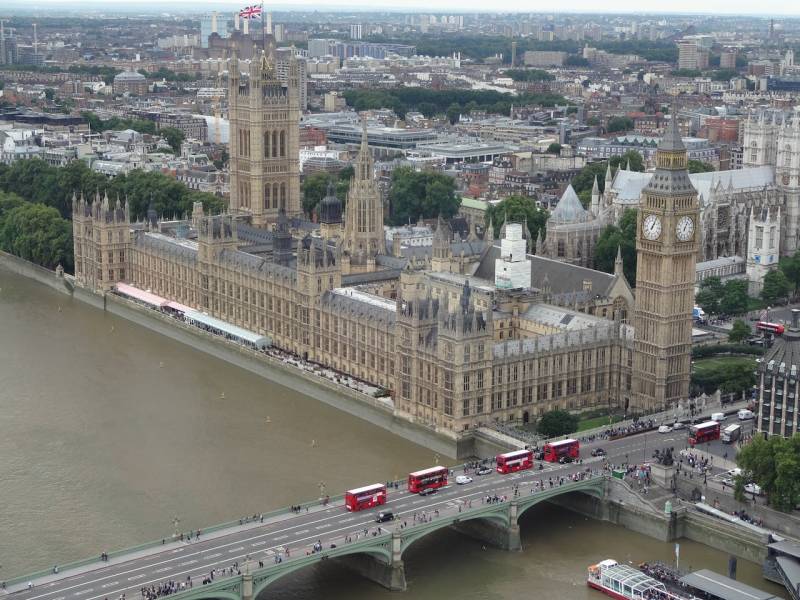BRUSSELS – The decision-makers in the European Union are discussing another proposal related to the youth mobility scheme after an earlier plan was quashed by Rishi Sunak’s regime.
In April, the European Commission proposed a new youth mobility program that would permit citizens to work or study for up to four years; however, due to concerns about its potential Brexit-related consequences, Labour quickly rejected the proposal.
As the new regime has taken office, EU sources have implied that the 27 member states aim to develop effective negotiating positions for Brussels in the coming weeks.
Although the details of the proposal are yet to be revealed, those in Germany including the Chancellor seem to be pushing the idea that there should be a movement of youth between the UK and the bloc.
In the EU, discussions have started after German Chancellor Olaf Scholz noted a worrying drop in interactions between young people in the UK and the rest of Europe.
On Wednesday, Scholz told reporters that the connections between Germans and people in the UK have greatly decreased since Brexit and the Covid-19 pandemic.
The German Chancellor clarified that they wanted to fix the situation because knowing each other better helps them understand each other more.
Meanwhile, the German Ambassador to the UK, Miguel Berger, has also addressed the concerns regarding the program, stressing that youth mobility is not the same as migration or free movement.
People often confuse youth mobility with freedom of movement, but it’s not. It involves visa requirements and time limits. People return home after a certain period, he explained.
Berger emphasized that offering young people chances to work as baristas or au pairs, learn languages, or undergo short-term training in other countries helps build important connections that strengthen ties between nations.
He added that contact between our societies should be encouraged and relationships should not be merely restricted to meetings between politicians.
The envoy said he was aware that all 27 EU countries have been making more opportunities for young people as a top priority, noting that the plan was intended to be inclusive, not just for the elite.














